The Future of Food: Navigating the Food Game in 2025
Related Articles: The Future of Food: Navigating the Food Game in 2025
Introduction
In this auspicious occasion, we are delighted to delve into the intriguing topic related to The Future of Food: Navigating the Food Game in 2025. Let’s weave interesting information and offer fresh perspectives to the readers.
Table of Content
The Future of Food: Navigating the Food Game in 2025

The year 2025 is rapidly approaching, and with it, a new era in the global food system. While the challenges of feeding a growing population amidst climate change and resource scarcity remain, the future also holds immense potential for innovation and transformation. Understanding this evolving landscape, often referred to as the "food game," is crucial for individuals, businesses, and governments alike.
This article explores the key trends shaping the food game in 2025, examining the forces driving change, the emerging opportunities, and the potential challenges that lie ahead. It aims to provide a comprehensive and insightful overview of this dynamic field, highlighting the importance of understanding and adapting to these shifts for a sustainable and equitable food future.
The Shifting Landscape: Key Trends Shaping the Food Game
Several key trends are shaping the food game in 2025, each presenting both challenges and opportunities:
1. The Rise of Plant-Based Foods:
The demand for plant-based alternatives to meat and dairy is rapidly increasing, driven by environmental concerns, health consciousness, and ethical considerations. Technological advancements are leading to increasingly realistic and palatable plant-based products, blurring the lines between traditional and alternative options. This shift presents significant opportunities for the development and production of sustainable and innovative plant-based foods, while also posing challenges for the traditional livestock industry.
2. Personalized Nutrition and Precision Agriculture:
Advances in genetics, data analysis, and technology are enabling personalized nutrition plans tailored to individual needs and preferences. This trend is fueled by growing awareness of the impact of diet on health and well-being. Simultaneously, precision agriculture utilizes data-driven approaches to optimize crop yields, resource utilization, and environmental impact, leading to more efficient and sustainable food production.
3. The Rise of Food Waste Reduction and Circular Economy:
Food waste is a global problem with significant environmental, economic, and social implications. The focus on reducing food waste is intensifying, driven by regulations, consumer awareness, and innovative solutions. This trend is pushing towards a circular economy model in the food system, where waste is minimized and resources are utilized efficiently, creating new opportunities for businesses and fostering a more sustainable food chain.
4. Urban Farming and Local Food Systems:
The increasing urbanization and demand for fresh, locally sourced food are driving the growth of urban farming initiatives and local food systems. This trend promotes community engagement, food security, and reduced reliance on long-distance transportation, contributing to more resilient and sustainable food production.
5. Technology and Innovation in the Food Supply Chain:
Technological advancements are transforming the food supply chain, from precision farming and food traceability to automated logistics and smart packaging. These innovations enhance efficiency, reduce waste, and improve food safety, creating new opportunities for businesses and consumers alike.
6. The Importance of Food Security and Equity:
Ensuring food security for all remains a critical challenge, especially in the face of climate change, resource scarcity, and growing populations. Addressing food insecurity and promoting equitable access to nutritious food requires a multifaceted approach, encompassing sustainable agriculture, food distribution systems, and social safety nets.
Navigating the Food Game: Opportunities and Challenges
The trends shaping the food game in 2025 present both opportunities and challenges for various stakeholders:
For Businesses:
- Innovation and Diversification: Businesses need to adapt and innovate to meet changing consumer demands, exploring new product lines, sustainable practices, and innovative technologies.
- Supply Chain Optimization: Improving efficiency and transparency in the supply chain is crucial for reducing waste, minimizing costs, and enhancing food safety.
- Data and Analytics: Leveraging data and analytics to understand consumer preferences, optimize production, and identify opportunities for growth is essential.
- Collaboration and Partnerships: Building strong relationships with farmers, suppliers, and other stakeholders is key to navigating the complex food system.
For Consumers:
- Informed Choices: Consumers need to be informed about the food they consume, considering its environmental impact, health implications, and ethical sourcing.
- Supporting Sustainable Practices: Consumers can actively support businesses and initiatives promoting sustainable agriculture, food waste reduction, and ethical sourcing.
- Embracing New Technologies: Consumers can utilize technology to access personalized nutrition information, track food waste, and connect with local food producers.
For Governments and Policymakers:
- Supporting Innovation and Sustainability: Government policies should encourage innovation, promote sustainable agriculture, and incentivize businesses to adopt eco-friendly practices.
- Addressing Food Insecurity and Equity: Policies need to prioritize food security for all, addressing issues of access, affordability, and nutritional quality.
- Investing in Research and Development: Government investments in research and development are crucial for driving innovation and addressing challenges in the food system.
FAQs: Understanding the Food Game in 2025
1. What are the biggest challenges facing the food system in 2025?
The biggest challenges include feeding a growing global population while mitigating climate change, ensuring equitable access to nutritious food, and reducing food waste.
2. How will technology impact the food game in 2025?
Technology will play a crucial role in improving efficiency, reducing waste, enhancing food safety, and providing personalized nutrition solutions.
3. What role can consumers play in shaping the future of food?
Consumers can influence the food system by making informed choices, supporting sustainable practices, and advocating for change.
4. What are the key trends driving innovation in the food industry?
Key trends include plant-based foods, personalized nutrition, precision agriculture, and food waste reduction.
5. What are the potential benefits of a more sustainable food system?
A sustainable food system can reduce environmental impact, enhance food security, improve public health, and create economic opportunities.
Tips for Navigating the Food Game in 2025
- Stay informed: Keep abreast of the latest trends, technologies, and innovations in the food system.
- Make informed choices: Consider the environmental, health, and ethical implications of your food choices.
- Support sustainable practices: Choose products from companies committed to sustainable agriculture, waste reduction, and ethical sourcing.
- Embrace technology: Utilize apps and online resources to track your food waste, access personalized nutrition information, and connect with local food producers.
- Get involved: Advocate for change by supporting organizations working to improve the food system and promoting sustainable practices.
Conclusion: Shaping a Sustainable and Equitable Food Future
The food game in 2025 presents both challenges and opportunities. By understanding the key trends, embracing innovation, and working collaboratively, we can navigate this dynamic landscape to create a more sustainable, equitable, and secure food future for all. The future of food is not predetermined; it is shaped by our choices, actions, and collective commitment to building a food system that nourishes people and protects the planet.

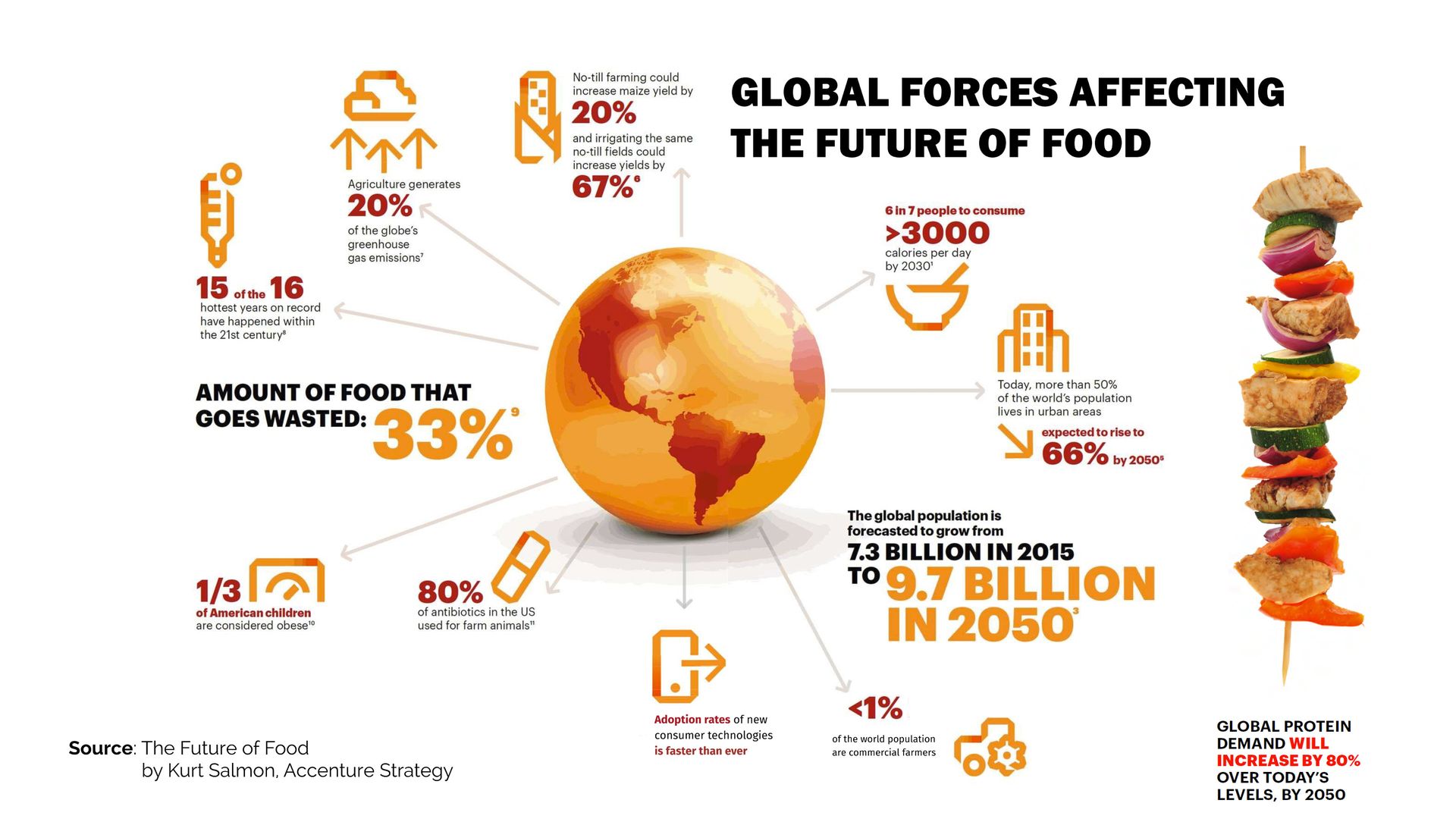
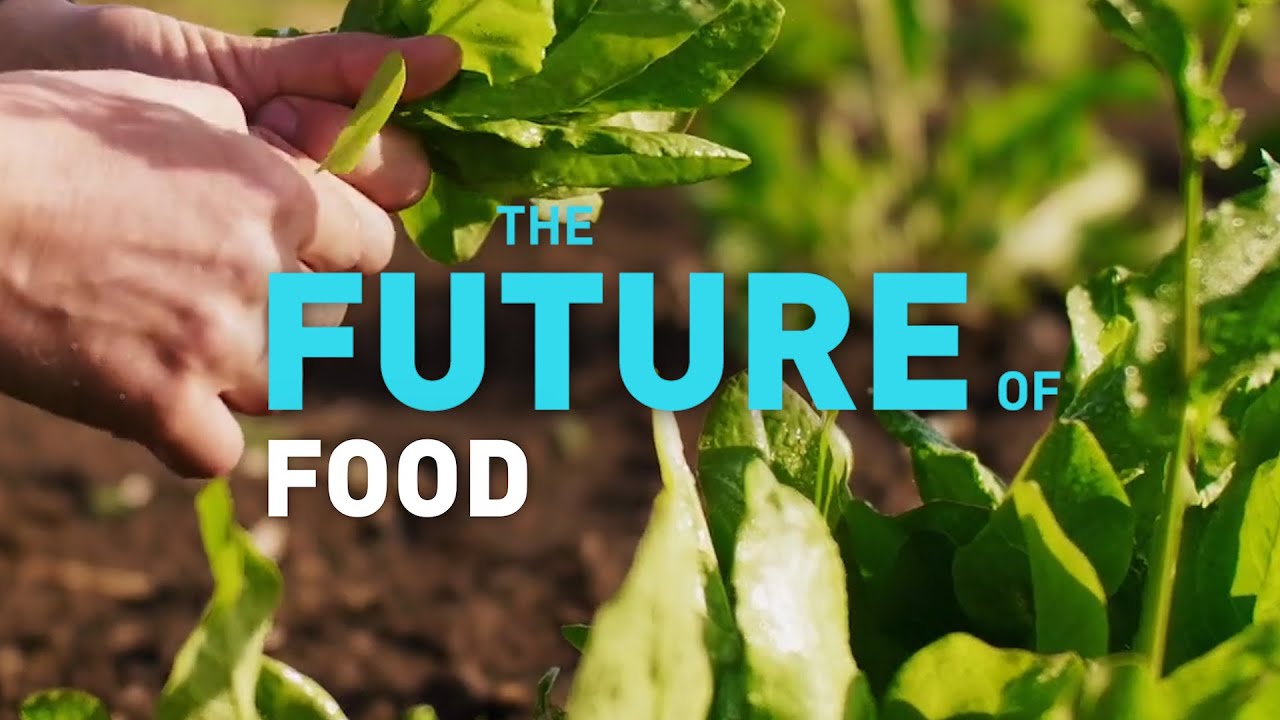
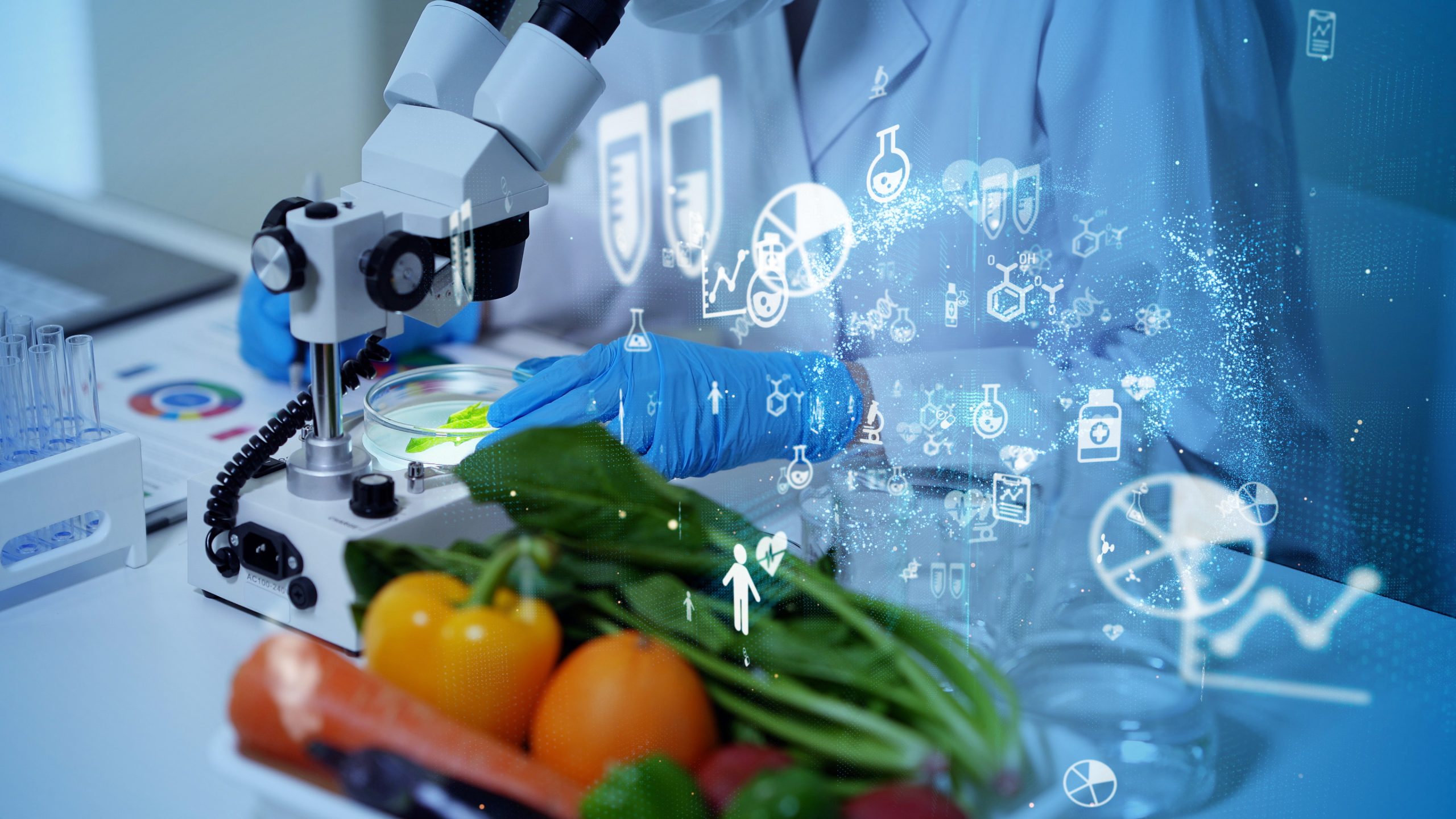
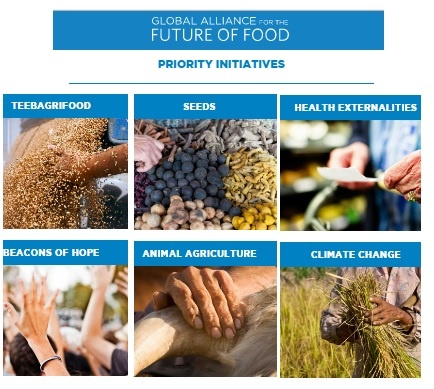
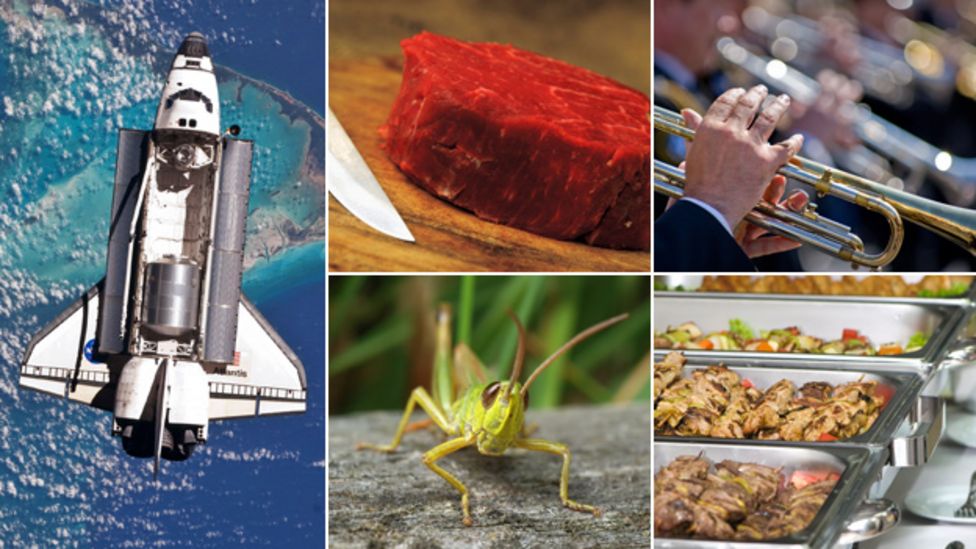


Closure
Thus, we hope this article has provided valuable insights into The Future of Food: Navigating the Food Game in 2025. We thank you for taking the time to read this article. See you in our next article!